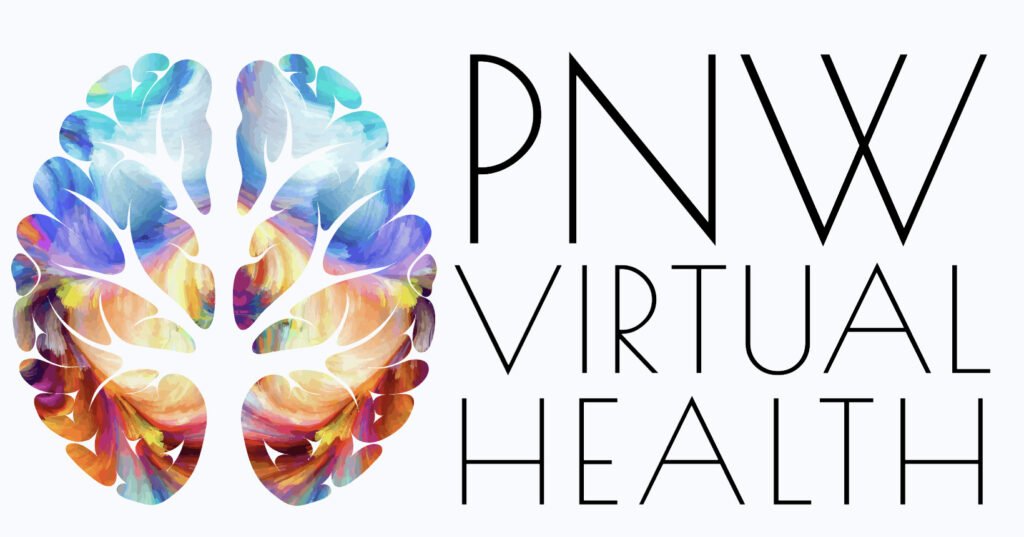Combined Type ADHD
Explore treatment options for Combined Type ADHD
Combination type ADHD presents a unique blend of challenges, encompassing both inattentive and hyperactive-impulsive symptoms. It’s like experiencing a dynamic mix of difficulties with focus, organization, and impulse control, all while navigating a world that often demands conformity and stillness. While everyone experiences moments of inattention or impulsivity, individuals with combination type ADHD find these challenges significantly impacting their daily lives at home, school, work, and in social situations.
Interestingly, the National Institute of Mental Health reports that most individuals diagnosed with ADHD have the combination type, with hyperactivity often taking center stage in early stages of life. It’s also more commonly diagnosed in men than women, highlighting the diverse ways ADHD can manifest.
But here’s the empowering part: ADHD is not a static condition. Symptoms can evolve, and even the type you experience can shift over time. This means there’s always potential for growth and adaptation. While ADHD may be a lifelong companion, it doesn’t define you. With the right support, medication, and therapeutic interventions, you can navigate the challenges, celebrate your unique strengths, and live a fulfilling life.
ADHD Treatments

Behavioral Therapy
Your provider might suggest behavioral therapy as a first step in managing ADHD. This type of therapy helps individuals replace unwanted behaviors with more positive ones and develop healthy ways to express their emotions.
Behavioral therapy is usually the initial approach. Adults often benefit most from a combination of behavioral therapy and medication.
Additional therapeutic options, such as cognitive behavioral therapy, family or marital therapy, ADHD coaching, and other management interventions, can also be valuable for adults with ADHD.
Parents and caregivers can also significantly benefit from behavior management training. These programs provide valuable education and resources, equipping them with effective strategies to understand and manage their child’s ADHD-related behaviors. This training can help parents:
- Develop realistic expectations: Learn about the typical challenges associated with ADHD and set realistic goals for their child’s behavior.
- Implement positive reinforcement: Discover effective ways to encourage positive behaviors and discourage negative ones.
- Improve communication: Learn communication techniques that foster a more positive and supportive parent-child relationship.
- Create structure and routines: Establish consistent routines and structure at home, which can help children with ADHD thrive.
- Manage challenging situations: Develop strategies to effectively address challenging behaviors and navigate difficult situations.

Medication
Medications can be a helpful tool in managing ADHD symptoms, which can include inattention, hyperactivity, and impulsivity. These medications work by affecting certain chemicals in the brain, which can help with focus, attention, and impulse control.
There are two main types of ADHD medications:
- Stimulants: These are the most common type of ADHD medication. They work quickly to increase the levels of certain brain chemicals that help with attention and focus. This can lead to improvements in symptoms such as:
- Difficulty concentrating
- Forgetfulness
- Disorganization
- Impulsivity
- Restlessness
- Excessive talking
While they can be very effective, stimulants can also cause side effects like decreased appetite, sleep problems, or anxiety in some people.
- Non-stimulants: These medications also improve focus and attention, but they take longer to start working than stimulants. They might be a good option for people who don’t see improvement with stimulants or who experience bothersome side effects.
It’s important to remember that everyone responds to medication differently. Adults with ADHD often benefit from similar medications as older children. Your healthcare provider can help you determine if medication is right for you, which type might be best, and the right dosage to manage your ADHD.
